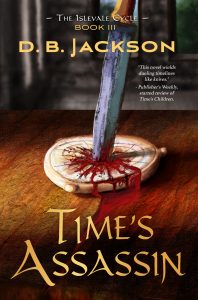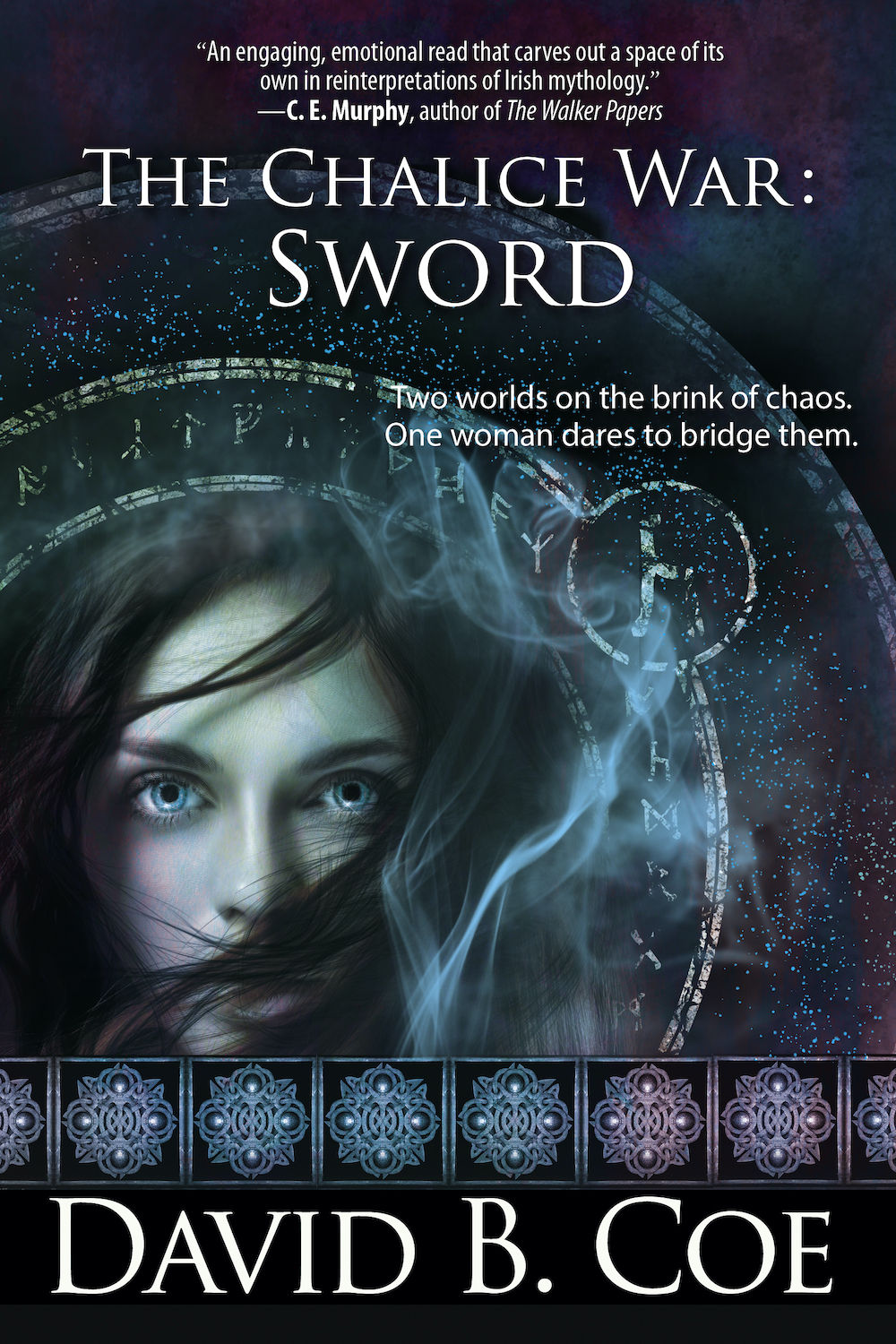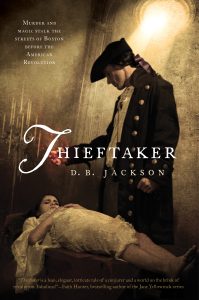This has not been the best week for my family and me. It was, actually, the sort of week that not so long ago would have convinced me to take a break from blogging at all, to say “I need some down time” and withdraw from the social media world.
I’m not going to do that. After the last time, I pledged to all of you — and to myself — that I wouldn’t do it again, and I intend to live by that pledge. The fact is, as a self-employed writer, I have the luxury of being able to slip away when I want to, to take as many mental health days or personal days or vacation days as I please. Put another way, I am spoiled rotten.
I look at Nancy, who is dealing with the same things I am, and who goes to work every day to complete projects and interact with people, and I marvel at her strength. I look at my younger daughter, who also faces the fear and grief as well as issues of her own, and who also goes to work each day, in the health care industry no less, being reminded constantly of our own family struggles, and I am amazed by her resilience and self-composure. I look at my older daughter, who lives in the center of the storm, coping with this cruel, relentless illness, and who still manages to live her best life, and I am humbled by her courage, her resolve, her spirit.
And I think of the rest of you, who face challenges of your own — emotional, physical, familial, socio-economic, cultural, and more. Obstacles are thrown in our paths every day. All of us face them. Few are as privileged as I am in terms of the freedom I have to grapple with them on my own terms. The fortitude I see around me on a daily basis blows my mind and inspires me to do better.
Yes, my family and I are working through a lot right now, and it’s not going the way we would like. But we have the resources we need to face our problems, and too many others in this country, in this world, don’t. We have friendships old and new that sustain us when things get rough, and too many others have to meet their challenges alone. We have one another to offer love and support, to share laughter and tears, and we are so fortunate in this respect, as well.
This is an odd post, I know. My apologies for that. In the past, this would have been a post in which I tried to explain, in vague terms, why I was stepping back from my blog and my various accounts. And since I DON’T intend to step back this time, I thought maybe it would make sense to explain how I came to that choice. And the short answer is, it’s because of the amazing people around me — family, friends, colleagues, fans, acquaintances. You all have given me a standard of strength and bravery to which to aspire.
So, I will continue to write and edit. I will continue to blog and comment. I will go about my regular routine as best I can given the circumstances. I am getting help. I am taking care of myself. I am taking steps to maintain and improve my emotional health. I am enjoying time with my newly-liberated-from-an-overwhelming-administrative-position spouse. I am chatting regularly with my beloved daughters. I am reaching out to friends and extended family. And we have some fun stuff planned for later in the summer, which will help in all sorts of ways.
If you are struggling right now, facing obstacles of your own that seem insurmountable, I wish you peace and strength, comfort and compassion. Life throws all manner of stuff our way and none of us is immune to its vagaries and difficulties. One of the hardest things for me is something I listed in the preceding paragraph — reaching out to people, to my support network. None of us likes to be that person, the one who always seems to call with terrible problems. And so we pull back, waiting until we feel better, believing on some level that we ought to be able to get through this stuff on our own. Asking for help takes courage, and too often I shy from it.
But the thing is, speaking now as a friend, a brother, a father, spouse, I NEVER mind when the people I love seek my help. I am always eager to lend love and support. And I know the people I rely on feel exactly the same way. In the end, I think it’s about pride, which is silly. I know this, and still I struggle. I’ll work on that, too.
Anyway, thanks for reading this. As I say, a strange post, but one I felt I needed to write.
Wishing you a wonderful week.









 Those are not easy questions to answer. As with beginnings and middles, there are as many ways to approach an ending as there are stories to be written. Different authors like to do different things with their closing chapters. And so, again as with the other parts of story structure, we can learn how to write good endings, in part, by reading as many books and stories as possible. Guy Gavriel Kay’s stand-alone fantasy novel, Tigana, has one of the finest endings of any book I’ve ever read. It is haunting and beautiful and — surprisingly — uncertain. But it is incredibly effective. Of all the endings I’ve written, I believe my favorite is the closing to Time’s Assassin, the third and final book of The Islevale Cycle, my time travel/epic fantasy trilogy. Why do I think it’s the best? Because it ties off all the loose ends from my narrative. It hits all the emotional notes I wanted it to. My characters emerge from those final pages changed, scarred even, but also in a place of growth and new equilibrium. Also, it’s action-packed and, I believe, really well-written.
Those are not easy questions to answer. As with beginnings and middles, there are as many ways to approach an ending as there are stories to be written. Different authors like to do different things with their closing chapters. And so, again as with the other parts of story structure, we can learn how to write good endings, in part, by reading as many books and stories as possible. Guy Gavriel Kay’s stand-alone fantasy novel, Tigana, has one of the finest endings of any book I’ve ever read. It is haunting and beautiful and — surprisingly — uncertain. But it is incredibly effective. Of all the endings I’ve written, I believe my favorite is the closing to Time’s Assassin, the third and final book of The Islevale Cycle, my time travel/epic fantasy trilogy. Why do I think it’s the best? Because it ties off all the loose ends from my narrative. It hits all the emotional notes I wanted it to. My characters emerge from those final pages changed, scarred even, but also in a place of growth and new equilibrium. Also, it’s action-packed and, I believe, really well-written. 2) Tying off various narrative loose ends. The most important story element is the central conflict, which the climax should either settle (if the book is a stand alone or the last of a series) or advance in some significant way (if the book is a middle volume of an extended series). But there are often other narrative threads that need to be concluded to the readers’ satisfaction before our audience will feel at peace with the story’s ending. These can include unresolved relationship issues (strained friendships, burgeoning or troubled romances, conflicts between siblings or a parent and child, etc.), missing information and/or secrets that could not be revealed before the climax ran its course (this is especially common in mysteries like the Thieftaker stories), or character arc and narrative arc issues involving secondary characters and storylines. Part of the so-called “denouement” involves wrapping up these additional story threads.
2) Tying off various narrative loose ends. The most important story element is the central conflict, which the climax should either settle (if the book is a stand alone or the last of a series) or advance in some significant way (if the book is a middle volume of an extended series). But there are often other narrative threads that need to be concluded to the readers’ satisfaction before our audience will feel at peace with the story’s ending. These can include unresolved relationship issues (strained friendships, burgeoning or troubled romances, conflicts between siblings or a parent and child, etc.), missing information and/or secrets that could not be revealed before the climax ran its course (this is especially common in mysteries like the Thieftaker stories), or character arc and narrative arc issues involving secondary characters and storylines. Part of the so-called “denouement” involves wrapping up these additional story threads.
 I am currently reading through my Winds of the Forelands series, editing OCR scans of the books in order to re-release them sometime in the near future. Winds of the Forelands was my second series, a sprawling epic fantasy with a complex, dynamic narrative of braided plot lines. At the time I wrote the series (2000-2006) I worked hard to make each volume as coherent and concise as possible. Looking back on the books now, I see that I was only partially successful. I’m doing a light edit right now — I’m only tightening up my prose. The structural flaws in the series will remain. They are part of the story I wrote, and an accurate reflection of my writing at the time. And the fact is, the books are pretty darn good.
I am currently reading through my Winds of the Forelands series, editing OCR scans of the books in order to re-release them sometime in the near future. Winds of the Forelands was my second series, a sprawling epic fantasy with a complex, dynamic narrative of braided plot lines. At the time I wrote the series (2000-2006) I worked hard to make each volume as coherent and concise as possible. Looking back on the books now, I see that I was only partially successful. I’m doing a light edit right now — I’m only tightening up my prose. The structural flaws in the series will remain. They are part of the story I wrote, and an accurate reflection of my writing at the time. And the fact is, the books are pretty darn good. But when I hold Winds of the Forelands up beside the Radiants books, or the Chalice War novels, or even my Islevale Cycle, which is my most recent foray into big epic fantasy, the older story suffers for the comparison. There are so many scenes and passages in WOTF that I could cut without costing myself much at all. The essence of the storyline would remain, and the reading experience would likely be smoother and quicker. — Sigh — So be it.
But when I hold Winds of the Forelands up beside the Radiants books, or the Chalice War novels, or even my Islevale Cycle, which is my most recent foray into big epic fantasy, the older story suffers for the comparison. There are so many scenes and passages in WOTF that I could cut without costing myself much at all. The essence of the storyline would remain, and the reading experience would likely be smoother and quicker. — Sigh — So be it. I have spoken before about the recurring problem I have with manuscripts at about the 60% mark. For those unfamiliar with the phenomenon, which afflicts many writers — not just me — it is fairly simple to explain. When I write a novel, I tend to make fairly steady progress until I approach the final third of the narrative. At that point, I run into a wall. And this has been true from the very start of my career. I didn’t recognize the pattern until one afternoon, while working on my fourth or fifth book. I came downstairs after a frustrating day, and Nancy asked me how my novel was coming.
I have spoken before about the recurring problem I have with manuscripts at about the 60% mark. For those unfamiliar with the phenomenon, which afflicts many writers — not just me — it is fairly simple to explain. When I write a novel, I tend to make fairly steady progress until I approach the final third of the narrative. At that point, I run into a wall. And this has been true from the very start of my career. I didn’t recognize the pattern until one afternoon, while working on my fourth or fifth book. I came downstairs after a frustrating day, and Nancy asked me how my novel was coming. First, though, it occurs to me that in writing about openings last week, I left out one crucial, but easy-to-describe story element: “the inciting event.” The inciting event of your narrative is, quite simply, the thing that jump-starts your story, that takes the characters you have introduced in your opening lines from a place of relative stasis to a place of flux, of change, of tension and conflict and, perhaps, danger. It is the commencement of the narrative path that will carry your characters through the rest of the story. In his description of the Hero’s Journey, Joseph Campbell referred to the inciting event as the “Call to Adventure.” If you’re looking for examples, think of the arrival of the first letter from Hogwarts in Harry Potter and the Sorcerer’s Stone, or the appearance of Gandalf at Bilbo Baggins’s door in The Hobbit. In pretty much all the Thieftaker books and stories, it is the arrival of whoever Ethan’s new client will be for that episode.
First, though, it occurs to me that in writing about openings last week, I left out one crucial, but easy-to-describe story element: “the inciting event.” The inciting event of your narrative is, quite simply, the thing that jump-starts your story, that takes the characters you have introduced in your opening lines from a place of relative stasis to a place of flux, of change, of tension and conflict and, perhaps, danger. It is the commencement of the narrative path that will carry your characters through the rest of the story. In his description of the Hero’s Journey, Joseph Campbell referred to the inciting event as the “Call to Adventure.” If you’re looking for examples, think of the arrival of the first letter from Hogwarts in Harry Potter and the Sorcerer’s Stone, or the appearance of Gandalf at Bilbo Baggins’s door in The Hobbit. In pretty much all the Thieftaker books and stories, it is the arrival of whoever Ethan’s new client will be for that episode.